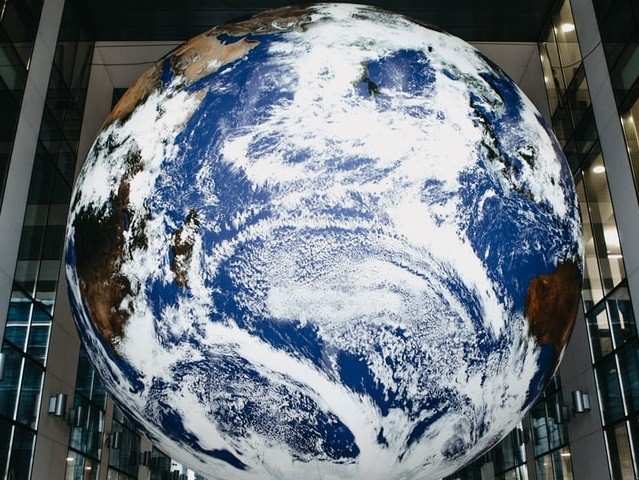Climate change fight still makes the EU headlines during the Covid-19 crisis
The economic consequences of the Covid-19 pandemic should not delay the European Union’s ambitious climate change measures. The Commission has confirmed that the work on long-term policy priorities such as the Green Deal is continuing. It has even launched an online public consultation to increase the current EU’s 2030 climate target of a 40% cut in greenhouse gas emissions to at least 50%, compared to 1990 emission levels. Moreover, the Council has released a joint statement where the EU leaders have backed the crucial role of the green transition in Europe’s economic recovery after the coronavirus emergency. This is despite some requests, mainly by the Czech Republic and Poland, to postpone the project timelines and to focus all efforts on the urgent health crisis. The Just Transition Fund (JFT) The Green Deal is the growth strategy launched by the Commission at the end of last year to make the EU the world’s first climate-neutral bloc by 2050, relying on affordable, secure and clean energy, smarter mobility and more sustainable agriculture. The Deal includes financial instruments in order to be effective. One of them will provide funds and technical assistance to help people, businesses and regions that are most affected by this move. Called Just Transition Fund (JTF), the measure forms part of a broader 100 billion euro package, set to be allocated to Member States over the period 2021-2027. The JTF alone will receive 7.5 billion euros from the EU budget. A switch to renewable energy and a full decarbonisation will especially affect the economies of Eastern Europe, where there is a long history of work in the mining industry. Czech Republic, Litoměřice wants to go geothermal The Czech Republic is one of biggest polluters in Europe, and so the Just Transition Fund has earmarked 581 million euros to help it make a smooth transition. The country’s energy security is expected to come in the future from the granite bed rock of the Bohemian Massif. The area of Litoměřice, a town with 25,000 inhabitants in the north of the region, is hosting several studies and projects on geothermal energy. Jaroslav Klusák, energy manager of the city says: “A priority for us now is a geothermal heating district plant and we believe that the Just Transition Fund can support us in finalising the project. We are undertaking research and development studies concerning the infrastructure in the area.” The aim is to replace the current system based on coal and natural gas with district heating fuelled by a combination of gas, geothermal energy and other renewables. The Municipality hopes it could secure the heating system and be a further source of income for investments in other energy-related projects. Citizens are involved in the decision-making process. The Municipality has organised several workshops to inform them about the plans concerning the sustainable energy transition, the technologies that can be used, e-mobility, and the support available for refurbishing residential buildings. A community energy project based on Photovoltaic (PV) panels was also discussed before its launch. “The citizens are able to invest a minimum of 50 euros in the local government energy system and get back some revenue in five to ten years’ time. In addition, they will be able to use the renewable energy produced and get cheaper electricity,” asserts Klusák. While the geothermal project generally enjoys the support of the people, it is early to assess their engagement for the PV system. The citizens will be able to invest in it from the autumn onwards. The social cost of the green transition in Romania According to data from a 2018 study of the European Union’s Joint Research Centre (JRC), coal power plants and mines employ around 237,000 people (plus another 215,000 from satellite activities). Read the full article on: http://stardustproject.eu/news/climate-change-fight-still-makes-the-eu-headlines-during-the-covid-19-crisis(opens in new window)



